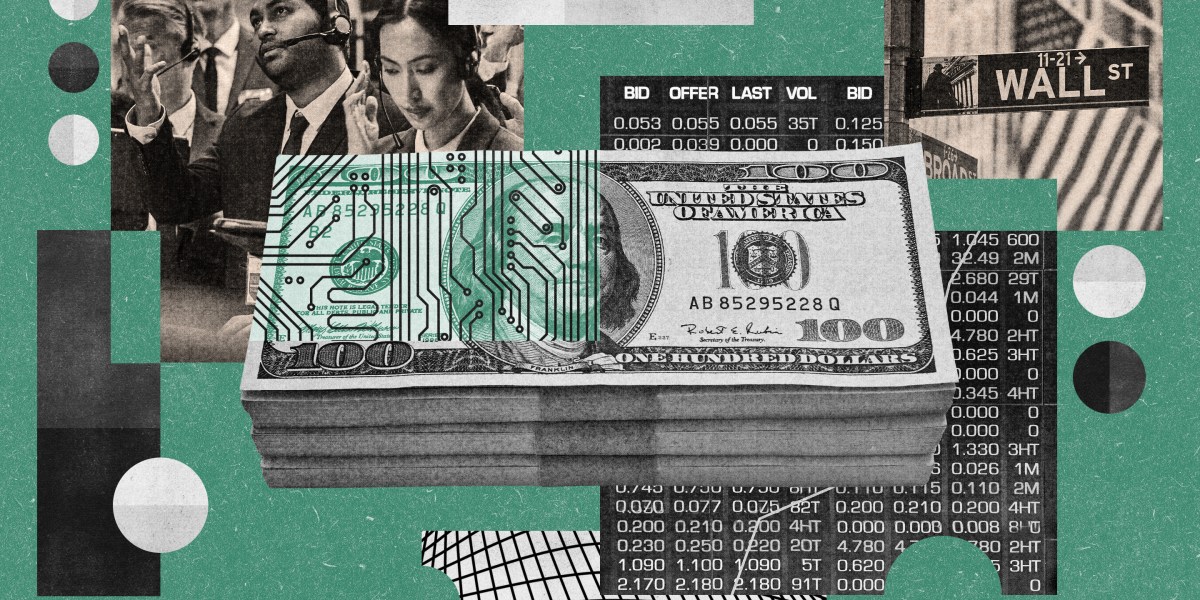The Trump administration has announced a significant reform of a Biden-era artificial intelligence safety institute, marking a strategic shift in federal oversight of the rapidly evolving technology. The U.S. AI Safety Institute, established by former President Joe Biden in November 2023, will be rebranded and restructured as the Center for AI Standards and Innovation (CAISI). Commerce Secretary Howard Lutnick outlined the transformation in a news release, emphasizing the administration’s intention to enhance U.S. innovation in commercial AI systems while maintaining national security standards.
The move away from the previous focus on ‘safety’ reflects the Trump administration’s belief that stringent oversight could hinder the United States’ competitive advantage in the AI sector. ‘For far too long, censorship and regulations have been used under the guise of national security. Innovators will no longer be limited by these standards,’ Lutnick stated. ‘CAISI will evaluate and enhance U.S. innovation of these rapidly developing commercial AI systems while ensuring they remain secure to our national security standards.’
The U.S. AI Safety Institute was initially created to evaluate and test AI models, establish safety and security standards, and form a consortium on AI safety. This consortium included over 200 members, such as OpenAI, Meta, and Anthropic. However, the new direction under the Trump administration seems to prioritize deregulation and innovation.
Pro-Innovation Approach
The CAISI will focus on evaluating potential security vulnerabilities and foreign influences associated with AI systems, including the risks of backdoors and covert, malicious activities. The administration’s approach contrasts with Biden’s executive order on AI, which emphasized safety and privacy standards. The Trump administration aims to prevent ‘burdensome and unnecessary regulation of American technologies by foreign governments.’
In January, the Chinese-developed AI app DeepSeek raised national security concerns with its advancements, prompting a swift response from U.S. lawmakers. A bill was introduced to ban DeepSeek from government devices, and the Navy warned its personnel against using the app.
Strategic Development
The transition to CAISI has been in the works for some time. Earlier this year, it was reported that staff from the U.S. AI Safety Institute would not attend an AI summit in Paris with Vice President JD Vance. The institute’s inaugural director, Elizabeth Kelly, announced her resignation in the same month.
At the summit, Vance reiterated the administration’s stance, advocating for international regulatory frameworks that encourage AI innovation rather than stifle it. He emphasized the importance of keeping AI free from ‘ideological bias.’
Embracing AI Expansion
Since returning to office, President Trump has underscored his commitment to advancing AI technology. Within his first week, he unveiled the $500 billion Stargate initiative, in partnership with OpenAI, Oracle, and SoftBank, aimed at positioning the United States as a global leader in AI.
Moreover, Trump signed an executive order to ease regulations on AI technology, revoking previous policies deemed obstructive to American AI innovation. Biden’s executive order on AI, which focused on safety and privacy, has been removed from the White House’s website.
The restructuring of the AI Safety Institute into CAISI signifies a pivotal moment in the U.S. government’s approach to AI oversight, prioritizing innovation and competitive edge over traditional safety measures.
Note: This article is inspired by content from https://www.nbcnews.com/tech/tech-news/trump-administration-cuts-safety-ai-safety-institute-rcna211049. It has been rephrased for originality. Images are credited to the original source.








